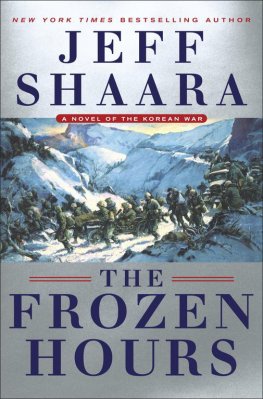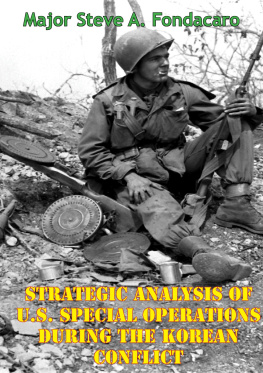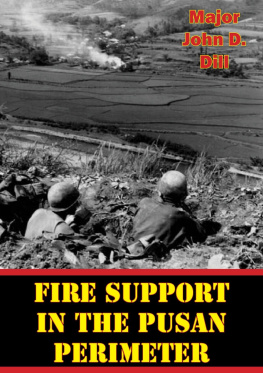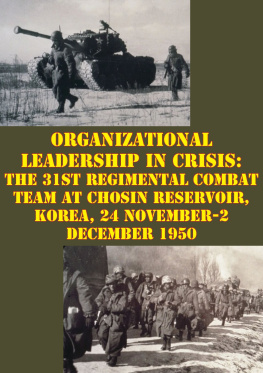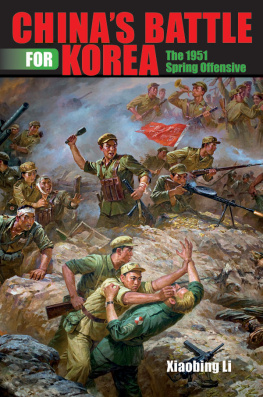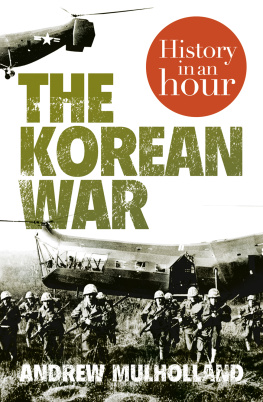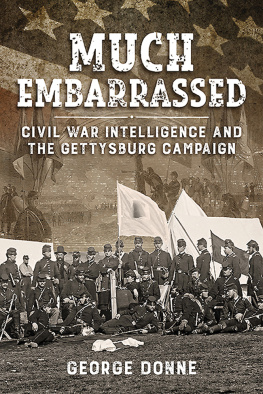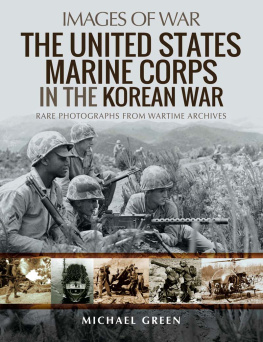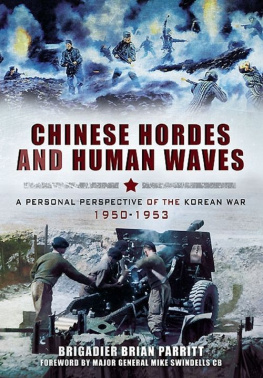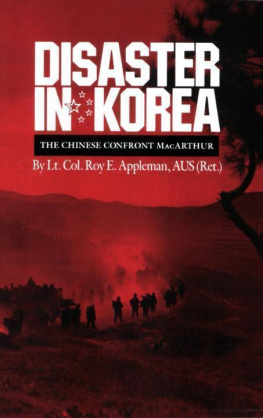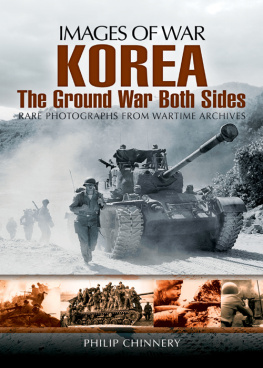
This edition is published by PICKLE PARTNERS PUBLISHINGwww.picklepartnerspublishing.com
To join our mailing list for new titles or for issues with our books picklepublishing@gmail.com
Or on Facebook
Text originally published in 2009 under the same title.
Pickle Partners Publishing 2015, all rights reserved. No part of this publication may be reproduced, stored in a retrieval system or transmitted by any means, electrical, mechanical or otherwise without the written permission of the copyright holder.
Publishers Note
Although in most cases we have retained the Authors original spelling and grammar to authentically reproduce the work of the Author and the original intent of such material, some additional notes and clarifications have been added for the modern readers benefit.
We have also made every effort to include all maps and illustrations of the original edition the limitations of formatting do not allow of including larger maps, we will upload as many of these maps as possible.
INTELLIGENCE FAILURE IN KOREA: Major General Charles A. Willoughby's Role In The United Nations Command's Defeat In November 1950
by
MAJ Justin M. Haynes
TABLE OF CONTENTS
Contents
TABLE OF CONTENTS
REQUEST FROM THE PUBLISHER
ABSTRACT
In November, 1950, the United States Army suffered one of its most devastating defeats ever, in the frozen mountains of North Korea at the hands of the Chinese Peoples Liberation Army. This defeat fundamentally changed the nature of the Korean War, from a near-certain United Nations victory into a fight for its very survival. It was, however, avoidable.
This Chinese victory was partially the result of one of the most glaring failures in U.S. military intelligence history. The officer most responsible for this failure was the Far East Command Assistant Chief of Staff for Intelligence (G2), Major General Charles Andrew Willoughby. His inaccurate intelligence picture contributed to General of the Army Douglas MacArthurs flawed understanding of the nature of the Chinese Communist intent.
Charles Willoughby correctly identified the potential threat of a Chinese Communist intervention in Korea in late 1950, yet failed to acknowledge the significance of Chinas strategic warnings, operational preparations for war and tactical confirmation of their intentions. Willoughbys flawed assessment of Chinese intentions in the fall of 1950 was a result of rampant mirror imaging, complicated by circular analysis stemming from his exclusive control over intelligence reporting on the Korean theater. His significant personal prejudices against the Chinese ability fight exacerbated this problem. Once the United Nations Command undeniably confirmed that Chinese forces had entered North Korea, he minimized their significance in order to support MacArthurs final offensive to the Yalu River in late November, ultimately resulting in the defeat of his command.
ACKNOWLEDGMENTS
Id like to thank my thesis committee members, Dr. Stephen Bourque, Dr. Jonathan House and Mr. William Latham for providing continuous encouragement and advice throughout my research and writing. Their efforts have significantly impacted my ability to process massive amounts of data, conduct thorough analysis and provide a coherent final product. Their varying points of view and vast experience provided excellent sources of knowledge and ideas that enabled me to complete this project. If Charles Willoughby had sought out such sage counsel in the fall of 1950, the United Nations Command may have avoided defeat in the frozen mountains of North Korea.
ACRONYMS
CIACentral Intelligence Agency
FECFar East Command
G2Intelligence Section
GHQGeneral Headquarters
JCSJoint Chiefs of Staff
NIENational Intelligence Estimate
NKPANorth Korean Peoples Army
OSSOffice of Strategic Services
PLAPeoples Liberation Army
ROKRepublic of Korea
SITREPSituation Report
T/IntelTactical Intelligence Division
WMDWeapons of Mass Destruction
ILLUSTRATIONS
Figure 1. North Korea Invasion
Figure 2. Chinese and UN Command Disposition, 25 November, 1950
Figure 3. General of the Army Douglas MacArthur
Figure 4. Major General Charles A. Willoughby
Figure 5. General Paik Sun Yup
Figure 6. Chinese Prisoners in Winter Uniforms
Figure 7. The PLA Attacks the 8th Cavalry
Figure 8. X Corps Disposition, 25 Oct-26 Nov 1950
Figure 9. Operation Chromite
Figure 10. Key Leaders at Wake Island
TABLES
Table 1. FEC G2 Organization
CHAPTER 1INTRODUCTION
Sergeant Pappy Miller of the 8th Cavalry Regiment, 1st Cavalry Division, understood the importance of the information that the Korean farmer before him was conveying. Miller, a combat veteran of World War II and the fighting in Korea since the dark days of July, believed that the old man was telling the truth. On this day, the last day of October, 1950, the 8th Cavalry Regiment was poised at the lead edge of the United Nations Command advance into North Korea near the village of Unsan, only sixty-five miles from the Manchurian frontier. Sergeant Miller brought the farmer to the battalion command post to tell his story first-hand: Chinese soldiers, thousands of Chinese soldiers , some on horses, were waiting in the hills north of Unsan. The response shocked the experienced veteran: no one in the headquarters seemed interested in the report; nothing was done. David Halberstam chronicled the sergeants reaction: Well, Miller thought, they were the intelligence experts. They ought to know . {1}
Two nights later, two divisions of the Communist Chinese Peoples Liberation Army (PLA) savaged the 8th Cavalry Regiment in a night-time battle that forced the Eighth United States Army to go on the defensive for the first time since September. This battle represented the last opportunity for the Commander of the United States Far East Command (FEC), General of the Army Douglas MacArthur and his senior intelligence officer, Major General Charles A. Willoughby, to make the assessment that China had entered the Korean War on a decisive scale.
In November, 1950, the United States Army suffered one of its most devastating defeats ever, in the frozen mountains of North Korea at the hands of the PLA. This defeat fundamentally changed the nature of the Korean War, from a near-certain United Nations victory into a fight for its very survival. It was, however, avoidable. Despite overwhelming evidence that the new Communist Chinese state was poised to enter the war, MacArthur and Willoughby ignored the evidence. Instead, MacArthur continued his attempt to destroy the North Korean Army and unify the Korean Peninsula.
This Chinese victory was partially the result of one of the most glaring failures in U.S. military intelligence history. The officer most responsible for this failure was the FEC Assistant Chief of Staff for Intelligence (G2), Major General Charles Andrew Willoughby. His inaccurate intelligence picture contributed to General MacArthurs flawed understanding of the nature of the Chinese Communist intent. Willoughbys actions also had significant second and third order effects on the Joint Chiefs of Staff, the Central Intelligence Agency, as well as the President, compounding errors made at the national, strategic level. The grim fate that awaited the Soldiers and Marines of the Eighth United States Army and X Corps was the result of informational, institutional, and personality factors that distorted Willoughbys judgment and effectiveness.


